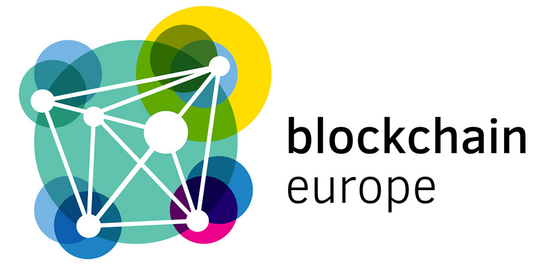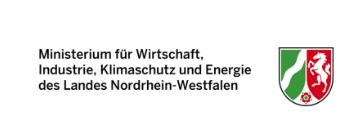Blockchain Europe

Problem definition
As a key technology, blockchain has the potential to make data exchange tamper-proof and to automate and autonomize a large number of processes in the value chain. As transparent and decentralized registers for transactions, blockchains play a key role in the digitalization of the economy. They make the sensible use of numerous other technologies possible in the first place.
Objective
In the Blockchain Europe project, the project to establish the European Blockchain Institute in North Rhine-Westphalia, the LFO, together with the Fraunhofer Institute for Material Flow and Logistics (IML) and other research institutions and companies, will play a key role in driving forward developments in the field of blockchain technology.
The project to establish the Blockchain Institute will create an institute in Dortmund that is unique in Europe and will drive forward digitalization in science and practice. As a key technology, blockchain has the potential to make data exchange tamper-proof and to automate and autonomize a large number of processes in the value chain in the future," says Prof. Michael Henke, Chair of LFO, describing the importance of the technology. As transparent and decentralized registers for transactions, blockchains play a key role in the digitalization of the economy. They make the sensible use of numerous other technologies possible in the first place.
In addition to the LFO, the project consortium consists of the Fraunhofer Institutes IML and ISST as well as the Chair of Materials Handling and Warehousing at the Technical University of Dortmund. In the future, 25 employees are to be employed at the institute and a sustainable and permanent facility is to be established following the project period. The project is funded by the Ministry of Economic Affairs, Industry, Climate Protection and Energy of the State of North Rhine-Westphalia.
Approach
The European Blockchain Institute and the research program developed there include the development of open source solutions for software, hardware and business models based on this increasingly important key technology for digital transformation. The sustainable anchoring at the logistics location in Dortmund will have a spillover effect in the relevant scientific communities and a concrete economic benefit for the industry - in NRW, Germany and Europe.
News from the project
Consortium
Chair of Enterprise Logistics, TU Dortmund University
Chair of Materials Handling and Warehousing, TU Dortmund University
Contact persons at the LFO
If you are interested in contacting us about the project, please contact our secretariat!
Funding information
Project duration:
01.05.2020 - 31.12.2023
Funding reference number:
005-2003-0071
Project logo:


The project is funded by the Ministry of Economic Affairs, Industry, Climate Protection and Energy of the State of North Rhine-Westphalia (MWIKE) under the funding code 005-2003-0071 and supervised by Projketträger Jülich (PTJ).
Want to find out more about the project?
Have you become curious? Would you like to find out more about the project? Then visit the official project homepage!









